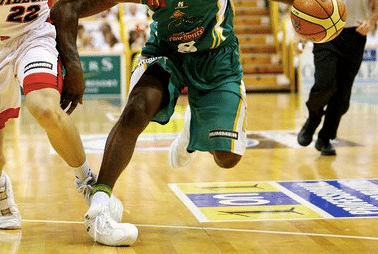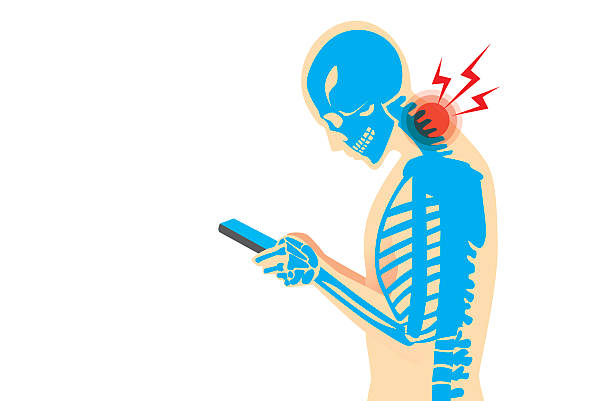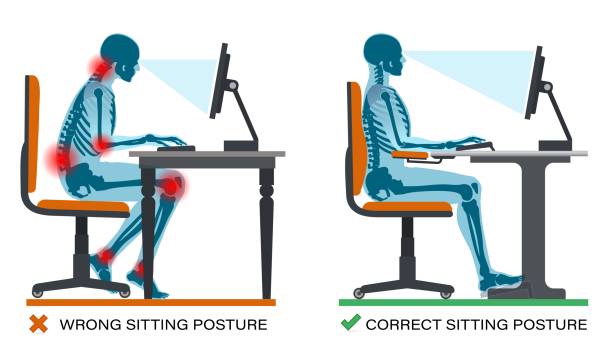Breaking the Pain Cycle
The Role of Movement in Pain Management Pain is a universal experience, but for many, it can become a chronic...
5 Signs You Need to See a Physiotherapist
Let’s be honest—life can be tough on our bodies. Whether it’s from sitting at a desk all day, playing weekend...
Acute and Chronic Pain
Acute and Chronic Pain Pain is a universal experience, but not all pain is the same. Whether it’s a sharp, sudden...
Understanding Acute and Chronic Pain
Understanding Acute and Chronic Pain From a Physiotherapy and Exercise Physiology Perspective Pain is one of the most common reasons people seek...
The 5 Fastest Growing Sports in the World
The world of sports is constantly changing, with new and exciting disciplines captivating audiences and athletes alike. As a physiotherapist,...
Sprained ankles and chronic ankle instability
What causes chronic ankle injuries? Rolled ankles are common injuries that are often overlooked and thought to be of minor concern....
7 Habits to Stay Injury-Free
Injuries can be disruptive, whether they occur during sports, daily activities, or even at work. Preventing injuries is not only...
Preventing Heatstroke in Athletes
As the Queensland summer is starting to warm up it is important that we take care of our health and...
Medication and pain?
What is the relationship between medication and pain? Pain requires a targeted and specialised approach towards medication. This is because...
Seasonal Sport Changeover for Kids
There are fundamental aspects of kids sport that must be considered when the seasonal sport changeover occurs. These include the environment,...
An Introduction to Muscle Injuries
An Introduction to Muscle Injuries: How Physiotherapy Can Help You Recover Muscle injuries are a common occurrence for people of all...
Core Training – What’s the Point?
In the world of sports, athletes are constantly seeking ways to enhance their performance and gain a competitive edge. One...
The Benefit of Exercise for Teens
Have you wondered what exercise for teens are beneficial? Are you between the ages of 13 and 18 and want to...
Knee Pain – Causes and Treatment
Is knee pain impacting on your quality of life? Has knee pain stopped you from competing at your sport? Did knee pain...
Shin Splints in Teenagers
Have you ever heard of the term shin splints and wanted to know more? Do you experience challenges in progressing in...
Falls prevention – Step by step guide
Do you ever feel unsteady on your feet? Have you had a fall in the last 12 months? Are you ever worried...
Osteoporosis Explained – Causes and Management Techniques
Osteoporosis Explained - What is Osteoporosis? Osteoporosis is known as a silent disease. It is a disease that can’t be seen...
Hiking Injuries and How Physiotherapy Can Help You Recover
Hiking Injuries and How Physiotherapy Can Help You Recover Hiking is an incredibly rewarding outdoor activity, offering breath-taking views, fresh air,...
Posture and pain
You’ve probably heard the phrase, “Sit up straight!” countless times. While it may seem like a cliché, there’s a good...
Fixing our desk posture for better health
Posture matters and can have big impact on our physical health. But fixing your desk posture doesn't require a complete...

















